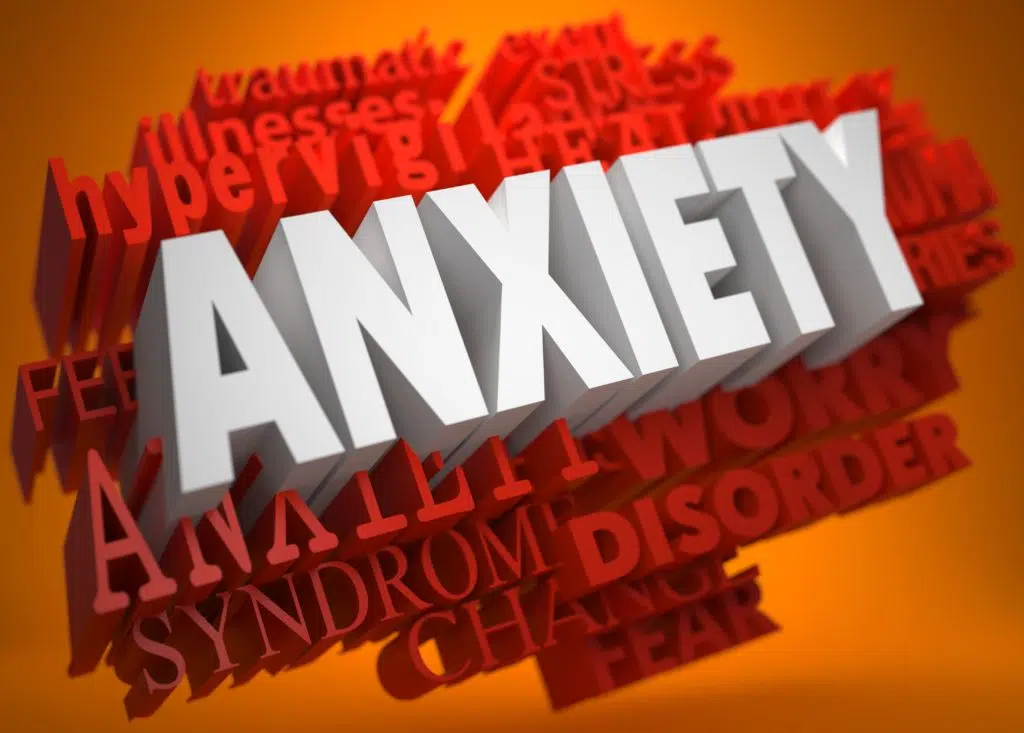- 4 Tips for Better Sleep Hygiene - March 4, 2024
- Understanding Different Attachment Styles: A Guide to Better Relationships - February 20, 2024
- Beating the January Blues: A Therapist’s Perspective - January 15, 2024

Social anxiety as covered in last week’s post is an anxiety disorder that affects our clients in such a physical, mental, and emotional way that it inhibits the individual from doing regular day-to-day activities.
When we see our clients during social anxiety therapy, they often complain of physical symptoms such as rapid heart rates, nausea, trembling, and sweating. These physical symptoms can keep the person from initiating or maintaining contact with someone they do not know.
For some, social anxiety disorders can be pervasive, inhibiting the person’s potential to deal with situations at work, school, or even in the home. The most intrusive aspect of social anxiety is the perceived evaluation; whether it’s positive or negative, they will receive in a public or social situation.
Social anxiety therapy looks at helping our clients overcome the overwhelming fear and severe stresses of social situations. If you are having negative thoughts about being out and about, whether that’s to date, speak to strangers, or collaborate with a co-worker for a project, it is crucial that you seek help to break the cycle of your social fears.
To help you feel more comfortable about the prospects of seeking professional help for your challenges, here are our top 4 tips to having a healthy expectation with the experience of social anxiety therapy:
Join our anxiety and depression support group in Houston to connect with others who understand what you’re going through. Here, you can share your experiences and feelings, find support and guidance, and learn valuable coping strategies to manage your symptoms. Don’t face anxiety and depression alone. Come join our supportive community.
1. Expect Treatments in Two Forms
According to our experts, and verified by WebMD, the two best forms of social anxiety therapy is the use of medication, cognitive-behavioral therapy, or in some instances, both.
Regarding therapy, CBT is a beneficial form of psychotherapy that works by removing old paradigms and behaviors that feeds into the anxiety itself. Clients are treated with exposure to their apprehensions, allowing them to challenge their feared situation so that they may gain confidence over their fear.
Clients will have strategies and coping mechanisms to deal with their perceived rejection and evaluation, allowing them to normalize the fear and gaining rationalization over the perception. Clients receiving social anxiety therapy are encouraged to imagine their worst fear, then create practical responses to challenge those thoughts.
Your therapist may also suggest the use of antidepressants, but it is unwise to rely solely on medications to overcome the challenges of social anxieties. They take time to come into effect and may not be a right fit for everyone.
2. Hard Work Outside of Therapy Sessions
Besides your scheduled social anxiety therapy sessions, it is essential that you follow through with the prescribed exercises to work on your anxieties outside of the therapy environment. Social anxiety is an external, real-life, disorder that can be complicated to treat. Even if a client may seem to be doing well within the confines of an office, they will not overcome their social anxieties if they do not apply the skills they learned.
Our counselors suggest that practice is the key to fighting your social anxiety. There will be homework assigned to our clients so that they may exercise the tools given to them in between therapy sessions. Moreover, with practice, our clients can then retain control over their reactions to social situations.
There is much hard work that is involved in overcoming social anxieties because it is easier to avoid social situations in general. However, there is much evidence that social anxieties often leads to depression from the isolation, as well as other health-related issues.
3. It is Important to Set Goals
Anxieties usually prevent our clients going through social anxiety therapy from setting measurable goals for their treatment. When you are feeling anxious, there is more likely to perceive positive outcomes as unrealistic; you are more likely to be pessimistic about positive results.
Positivity is one of the best ways to cope with periods in life where things seem too hard or bleak. It’s crucial that you don’t get lost in a sort of toxic positivity- it might be tempting and uplifting but could leave you feeling drained and apathetic. This article: 5 Ways to Cope With Toxic Positivity, will discuss how to identify ‘toxic positivity’ and how to cope.
As such, our counselors will help you set behavioral goals, rather than emotional goals. That is, they will help you realize how you can change your behavior despite your anxieties, versus trying to heal your mindset or how you feel about the stress itself. Rather than focusing on making a goal for how you can change your feelings of being nervous or anxious about a particular social situation, you are focusing on setting a goal to perform the actual behavior.
4. Social Anxiety Therapy is about Management
In your sessions of social anxiety therapy, you will come to realize that it is all about the management of the anxiety. It is a life-long process, and not a disorder that we can eliminate. You will gain valuable strategies to diffuse and gain control over your worries, as you face new situations that involve people on a daily basis.
In our social anxiety therapy sessions, we aim to teach our clients the techniques they need to deal with social pressures as they occur. There may be opportunities to get into group or family therapy sessions to help others around the client understand the disorder itself. They may also gain social skills through group training settings to learn to become competent in future social situations.

Action Plan for Society Anxiety Therapy
Overall, it is important to note that social anxieties vary amongst individuals. There is no one type of therapy or treatment that can cure our clients of their social anxieties. Treatments take time to take effect, and the time it takes can differ depending on the client. Treatment plans tailored to the client is most effective when the client chooses to practice the strategies they learned and work on themselves. If you are having difficulties with social situations, and if they are affecting your performance and potential at your work, education, or social relationships, you can contact us at the Grief Recovery Center in Houston, TX for more info today.


No comments yet.